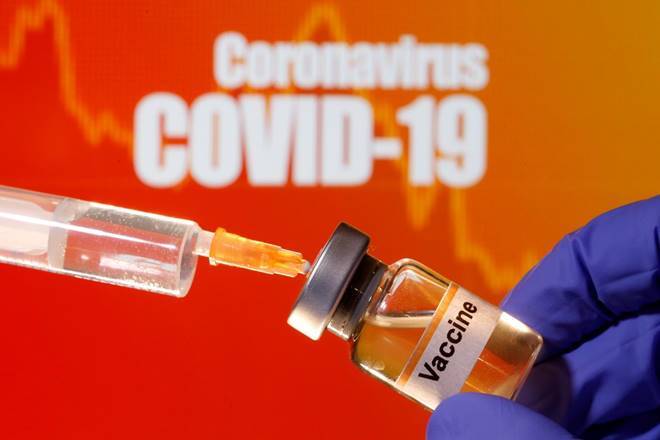Possible COVID-19 infection built into Covaxin vaccine trial design; Bharat Biotech to perform interim analysis in due course.
Vaccine maker Bharat Biotech’s Phase-3 clinical trial design for its candidate Covaxin expects 130 COVID-19 infections among trial participants, according to details shared by the company on the government’s clinical trial website.
Thus instances such as Haryana Health Minister Anil Vij testing positive for COVID-19 two weeks after being vaccinated as a trial participant, are expected.
Coronavirus | Haryana Minister got only one dose of Covaxin, says government
The company will also perform an ‘interim analysis’ when a third or two-thirds of the number of such infections are reached. This is to determine whether more volunteers must be included in the trial or participants should be followed for longer, the company added.
Following Mr. Vij’s disclosure on Twitter that he had tested positive after getting the first dose of the vaccine — based on an inactivated SARS-CoV-2 virus sourced from the National Institute of Virology — Bharat Biotech, in a statement on Saturday said Covaxin followed a 2-dose schedule administered 28 days apart and its efficacy would be determined two weeks after the second dose.
International pharma companies that are testing COVID vaccines in thousands of volunteers as part of their Phase-3 trials employ similar trial designs.
Pfizer had an analysis at 170 cases of infection; Moderna announced interim results at 95 cases, the Oxford-AstraZeneca vaccine analysed 131 cases in their interim analysis and Russia’s Sputnik V at 26 cases. All of these companies have reported a vaccine efficacy of over 92%, with only the Oxford vaccine — that is also being tested at Pune’s Serum Institute of India (SII) — reporting an efficacy range of 62-90%, depending on the vaccine dose deployed.
While Sputnik V has emergency use authorisation in Russia, Pfizer-BioNTech has been approved in the United Kingdom and Bahrain, and is awaiting regulatory scrutiny in India among other countries.
Coronavirus | Doctors, teachers, other high-risk groups sign up for COVID-19 vaccinations in Moscow
The number of expected COVID-19 cases among trial participants is part of the statistical design and determines the number of participants that are recruited across multiple trial sites. Thus Bharat Biotech has recruited 25,800 persons across India — some who will get the actual vaccine in two doses over 28 days — while SII has 16,000 participants across the country.
The latter hasn’t disclosed the number of COVID cases it expects as part of its interim analysis. However, based on results of AstraZeneca’s trials in the United Kingdom, Adar Poonawala, CEO, SII has said the company will approach the Drug Controller General of India for emergency use authorisation this month.
Coronavirus | ‘Covishield’ vaccine volunteer sues Serum Institute of India, Oxford Group over ‘adverse reaction’
“After reaching the target number (n=130) of symptomatic COVID-19 cases, the study will continue to assess safety until the completion of the study duration. It is planned to continue the Phase 3 trial until 130 study participants in the per-protocol population develop PCR-confirmed symptomatic COVID-19 disease during follow-up beginning 14 days after the second dose of vaccine or placebo,” says a summary by Bharat Biotech on the Indian Council of Medical Research (ICMR) website.
With the trials being double-blinded, neither the recipient nor the administering doctor knows who gets the vaccine and who a placebo, such end points are set to calculate vaccine efficacy. In vaccine trial parlance, a vaccine’s efficacy tells you the percentage reduction of disease in the group that got the vaccine compared to those in the placebo group. This is different from vaccine ‘effectiveness’ that indicates the reduction in real-world conditions once the vaccine is approved and widely available.





































